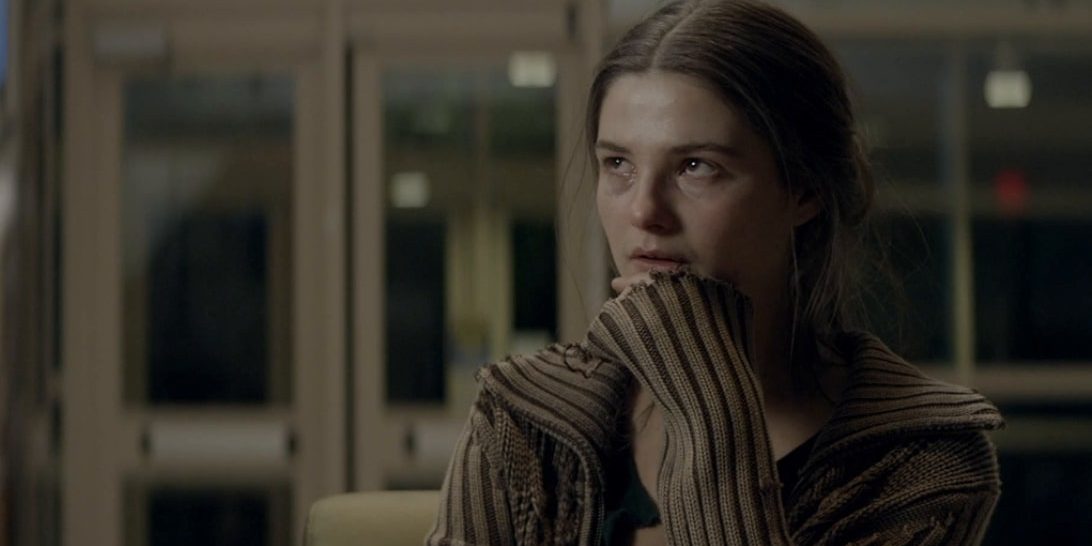Lifetime’s ‘Girl in the Basement’ tells the story of Sarah Cody, a young woman who dreams of traveling the world and exploring life. However, her overbearing father, Don Cody, tightly controls every aspect of her life, which often leaves her feeling trapped. Just before her 18th birthday, Don lures her into the basement under the pretense of moving a heavy object and locks her inside. He claims this is her punishment for disobedience and breaking the rules. Sarah remains imprisoned for over 20 years, during which she endures extreme physical and sexual abuse and gives birth to four children. Part of Lifetime’s ‘Ripped From the Headlines’ series, the 2021 thriller film harrowingly mirrors a real-life case that is not unheard of. The performance by Stefanie Scott, who plays the role of Sarah in the Elisabeth Röhm directorial, tugs at the heart of the audience and makes the film an emotionally riddled and unsettling watch.
Girl in the Basement is Based on the Harrowing Story of an Austrian Girl Named Elisabeth Fritzl
‘Girl in the Basement’ is not purely a work of fiction as writer Barbara Marshall drew inspiration for the script from the real-life case of Elisabeth Fritzl, who was held captive for 24 years by her father, Josef Fritzl, in their home in Amstetten, Austria. While the film incorporates some creative liberties and changes the names of the central characters, it closely mirrors Elisabeth’s torturous ordeal. The character of Sarah Cody is directly based on Elisabeth and offers a poignant glimpse into the unimaginable suffering she endured after being imprisoned on August 28, 1984.
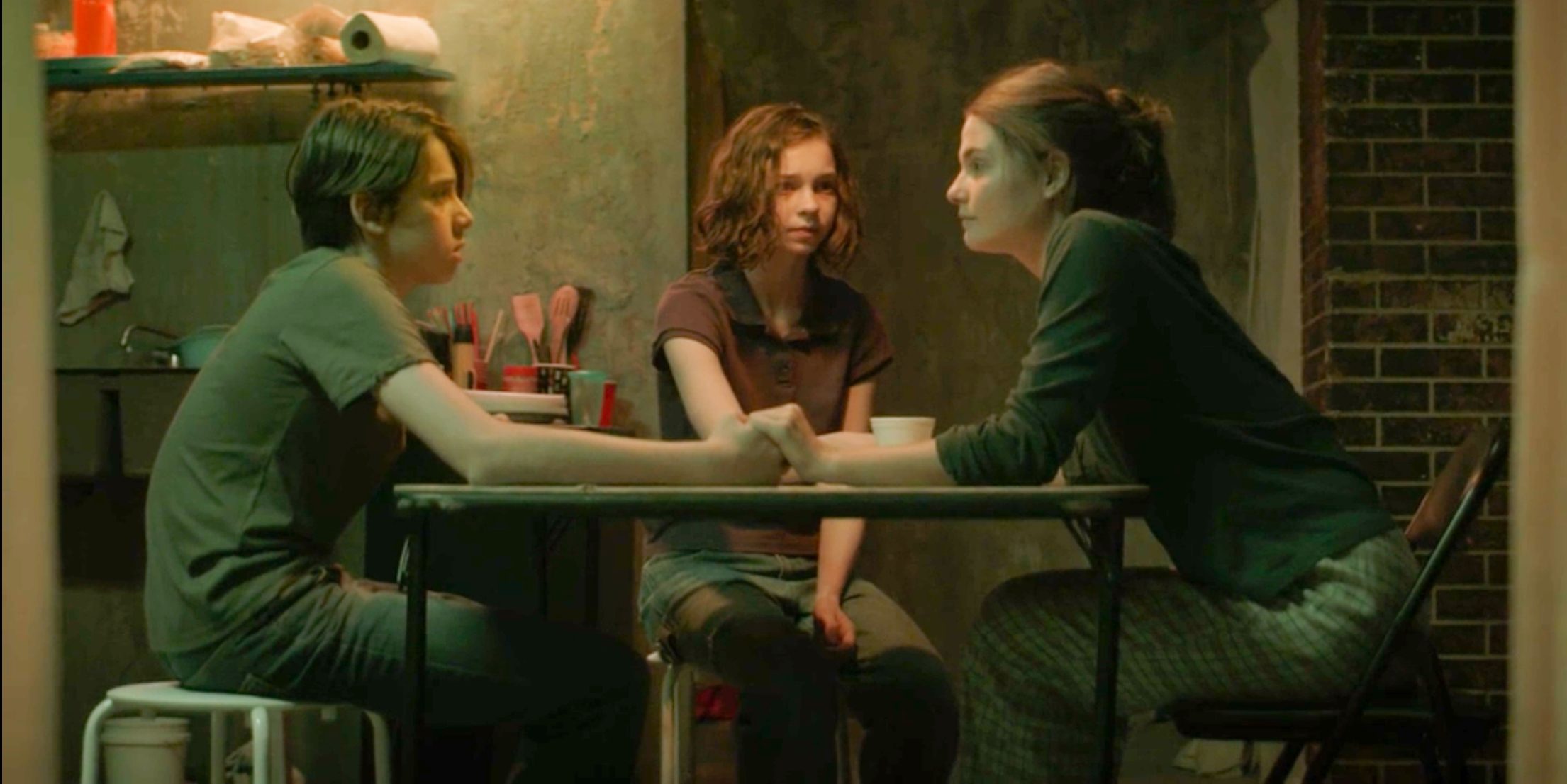
Born on April 6, 1966, Elisabeth Fritzl is the daughter of Rosemarie and Josef Fritzl (Don Cody in the film). She grew up in a household with six siblings, but her life was far from idyllic. At the age of 11, she was allegedly subjected to sexual abuse by her father. Despite these hardships, she remained determined to create a better future for herself. She completed her compulsory education by the age of 17. In January 1983, she reportedly attempted to escape her home and fled to Vienna with a friend. However, the police apprehended her a few weeks later and sent her back to her family. Undeterred, Elisabeth completed her training as a waitress, and by mid-1984, she had secured a job in Linz, Austria. She was prepared to finally leave her home and start anew.
On August 28, 1984, 18-year-old Elisabeth Fritzl was asked by her father, Josef, to help him carry a door into the basement. The film carefully depicts the same. Unbeknownst to her, the door was meant to seal a makeshift prison chamber that Josef had been constructing for months with the intention of imprisoning her. After assisting him, Josef overpowered her using ether and locked her inside the hidden basement. What followed was a harrowing ordeal beyond imagination. While Elisabeth’s mother, Rosemarie, filed a missing person report, Josef kept her imprisoned, subjecting her to relentless abuse. He even coerced her into writing a letter claiming she had left voluntarily. To the police, Josef maintained that Elisabeth had likely run away again, as she had in the past, and suggested she had joined a cult.
Apart From Minor Infractions, Girl in the Basement Offers a True Reflection of the Spirit of Elizabeth’s Story
Elisabeth was held captive for 24 years, during which she gave birth to seven children. In the film, she is shown to have four children- two of whom stay with her, one is sent to her mother, and one passes away. In reality, her first child, Kerstin, was born on August 30, 1988, followed by her son Stefan on February 1, 1990. In the cramped basement cell, raising children became increasingly challenging. When her third child, Lisa, was born on August 29, 1992, Elisabeth pleaded with Josef to improve their living conditions. Josef eventually placed Lisa outside the family home with a note allegedly written by Elisabeth, asking her mother, Rosemarie, to care for the baby. In 1993, Josef permitted the expansion of the basement cell after Elisabeth requested more space. Elisabeth and her two children were forced to dig the additional area using their bare hands.
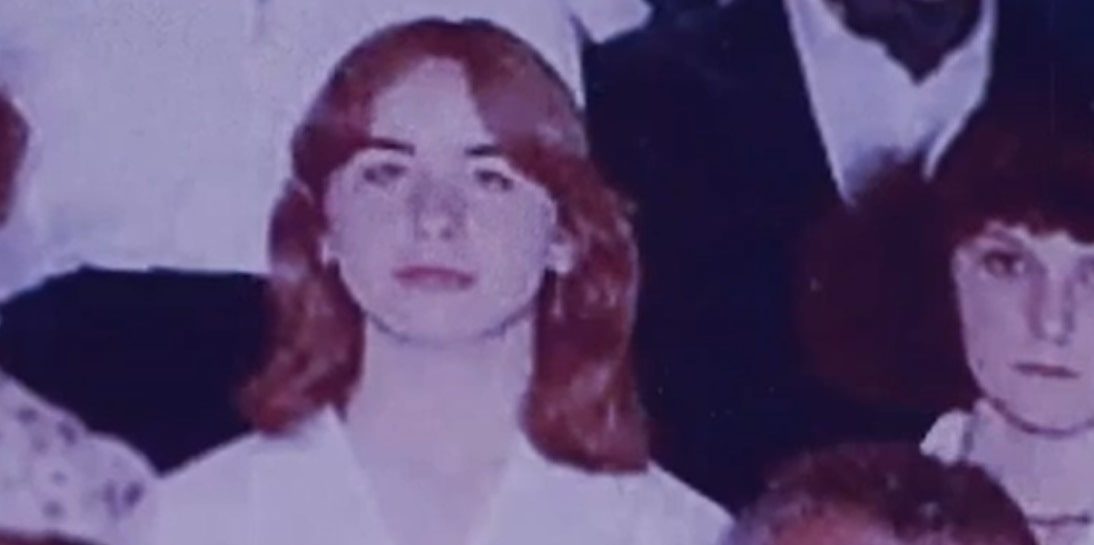
In February 1994, her daughter Monika was born, and like Lisa, she was later “discovered” outside the family home in a pushchair. Rosemarie even received a phone call from “Elisabeth,” though it is widely believed that Josef used a recording to deceive her. On April 28, 1996, Elisabeth gave birth to twin boys, Michael and Alexander. Tragically, Michael passed away shortly after birth, while Alexander was taken by Josef and “found” by Rosemarie, who raised him. On December 16, 2002, Elisabeth gave birth to Felix, but by then, the mounting pressure on Rosemarie led him to leave Felix in the basement. Elisabeth’s chance at freedom came on April 19, 2008, when her eldest daughter, Kerstin, fell critically ill. Josef agreed to take Kerstin to the hospital, and he allowed Elisabeth to leave the basement briefly to help. Unlike the film, this was not her moment of release as she was forced to return to the cellar.
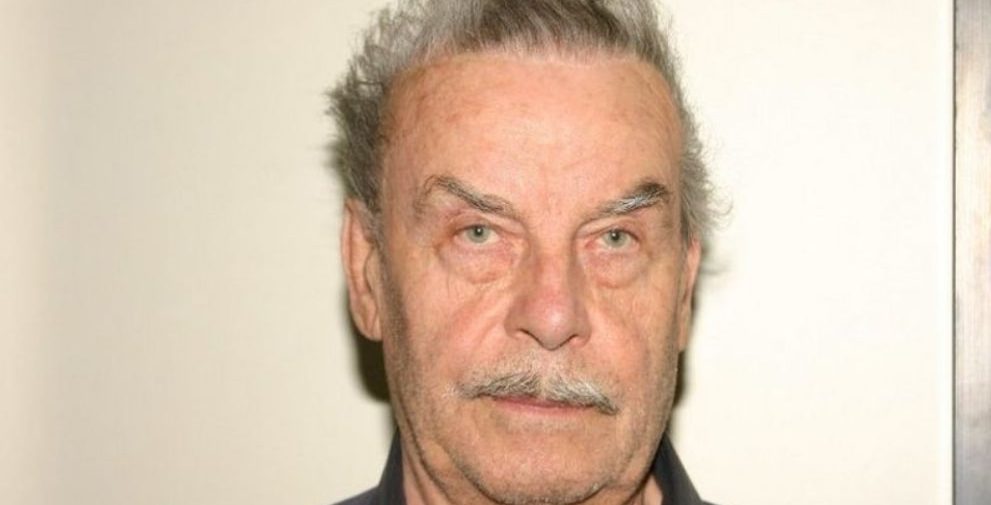
After continued insistence from his daughter, Josef decided to release Elisabeth along with Stefan and Felix on April 26, 2008. He told Rosemarie that Elisabeth had chosen to return after her long disappearance. By this time, hospital staff tending to Kerstin had started harboring suspicions, and it prompted the police to reopen their investigation into Elisabeth’s disappearance. On the day that she was released, Elisabeth was called in for questioning. Initially hesitant, she eventually provided a detailed account of her life after being assured that she would never have to see her father again. She even attended one day of Josef’s trial in March 2009 and witnessed him face justice for the atrocities he had committed. Her testimony played a critical role in ensuring Josef was held accountable for his crimes.
Elisabeth Fritzl is Leading a Quiet and Private Life With Her Kids Today
After her release, Elisabeth Fritzl was reunited with her children, and they were placed under the care of a neuropsychiatric clinic in Amstetten, Austria. The family was provided private quarters, including a windowless chamber for their familiarity if needed. Family connection played a crucial role in their healing process, but the hospital staff maintained strict confidentiality and refrained from sharing any details with the media. Many staff members grew deeply attached to the family and showed immense compassion toward them. Elisabeth’s mother, Rosemarie, was also a frequent visitor during this time. The family remained at the hospital for several months as they began their journey toward recovery.
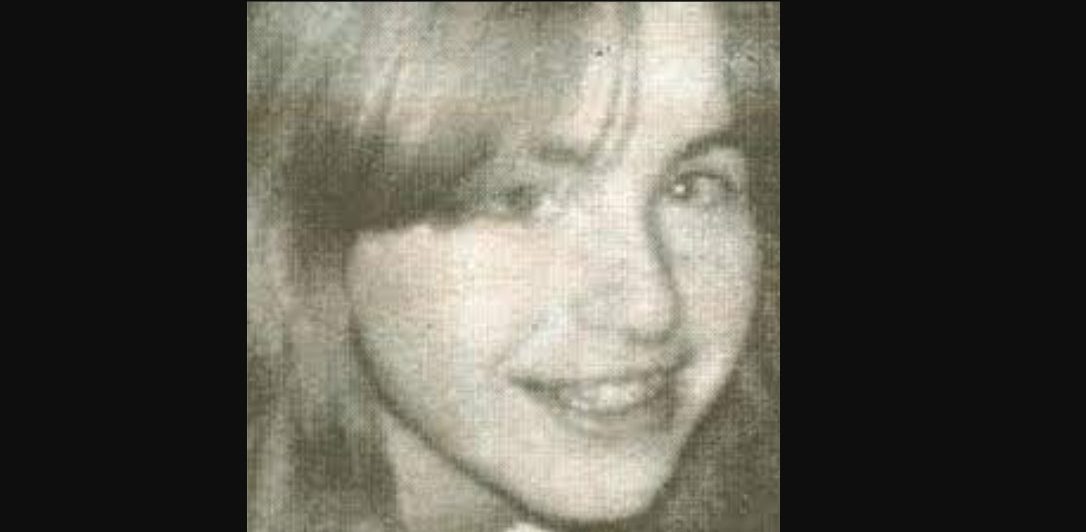
Elisabeth and her children were given new identities and relocated to a secure, undisclosed area in rural Austria known as “Village X.” The family moved into a two-story house equipped with CCTV surveillance and security guards for their protection. Elisabeth was reportedly awarded £54,000 in back child allowance that she had been denied during her captivity. She was also reunited with the children who had been raised “upstairs” by her parents, bringing the family together under one roof. However, tensions arose between Elisabeth and her mother, Rosemarie, as Elisabeth allegedly struggled to believe her mother’s claims of being unaware of her imprisonment. Following their alleged fallout, Rosemarie moved to her own apartment in Linz, Austria, where her grandchildren visit her regularly.
The community where Elisabeth resides has shown remarkable kindness and protectiveness toward her and her family. She has experienced minimal security issues, with the exception of an incident in which a reporter managed to take photographs of her at home. In 2009, it was reported that she found love with Thomas Wagner, a bodyguard from the Austrian firm A&T Securities who had been assigned to her protection, though no further details about their relationship have surfaced. Elisabeth and her children continue to maintain a private life, gradually regaining their sense of normalcy one day at a time.
Read More: Don Cody’s Real Life Inspiration: Where is Josef Fritzl Now?

